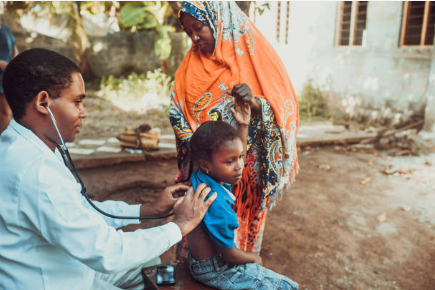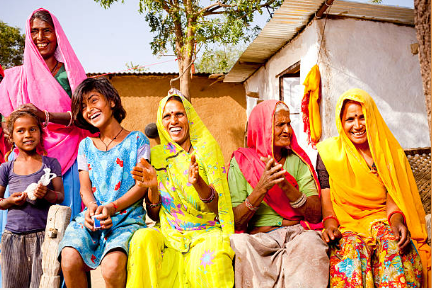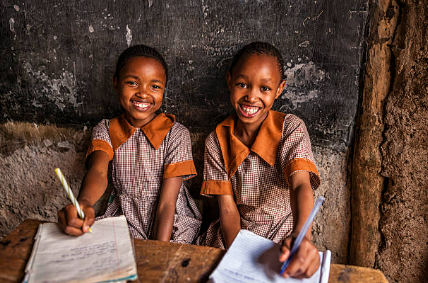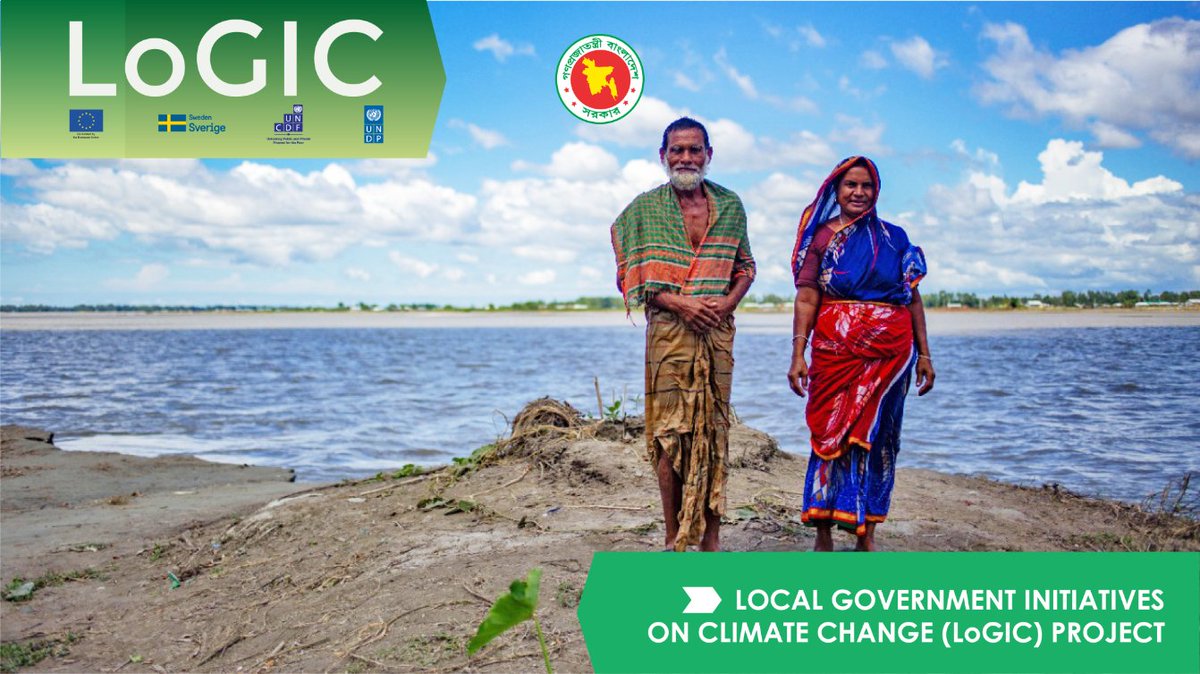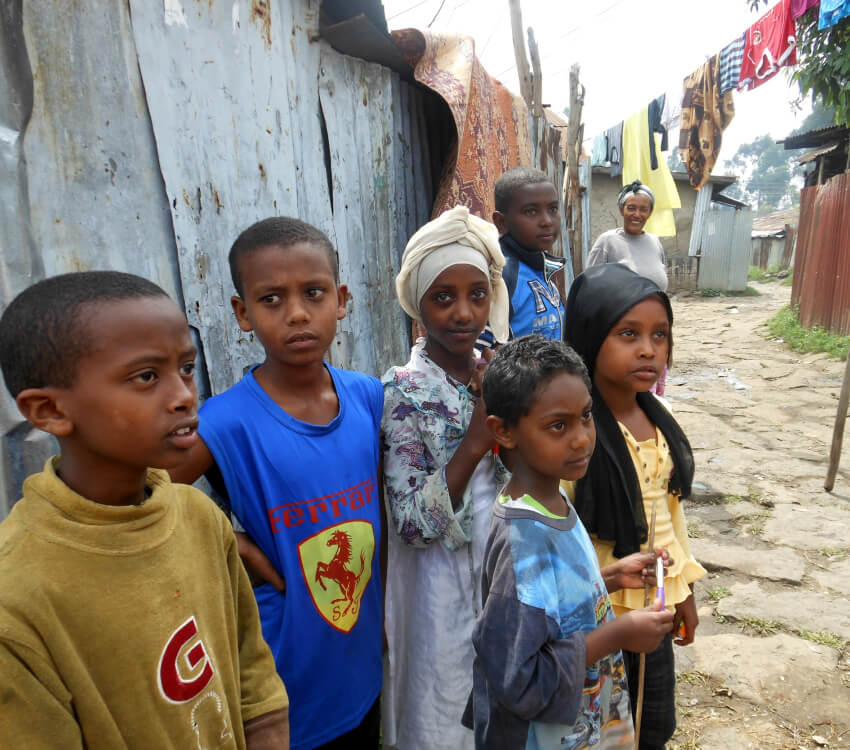PERL supported the governments of Nigeria (at Federal, State and Local Government level) to reform core governance processes and ensured that the improvements lead to an improved delivery of public goods and services. The programme worked at the federal/national level; in Kaduna, Kano and Jigawa states as partner states; in regional hubs in the south-east and south west facilitating the sharing of good practices between states; and in the north east, supporting government and non-government partners in Borno and Yobe states with the coordination of recovery efforts. Reaching over 70% of local government areas in over 35 states, the programme influenced an increase in the state’s health budget allocation from 7.5% to 11.57%; a reduction in average turnaround time for processing and delivering drug orders; and a 20% increase in uptake of health services at night, in partnership with the DFID SOLAR Nigeria Project thus benefitting over 2 million Nigerians.
We conducted mid-term and annual review to provide an independent assessment of (a) how the programme had progressed against the original goals set out in the business case, and (b) the achievements, results and learning from implementing the PDIA approach, and how PERL moved from lots of small bets to a smaller number of bigger bets and areas of reform based on evidence of impact. The assignment aimed at determining the areas requiring improvement, assessing opportunity for improving performance and advising DFID Nigeria for future programming models which support programme complementarity across the entire fourth generation portfolio.






